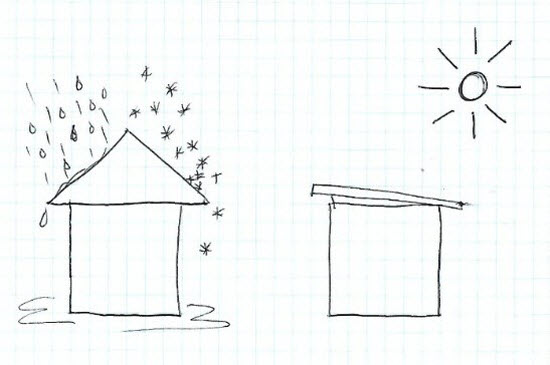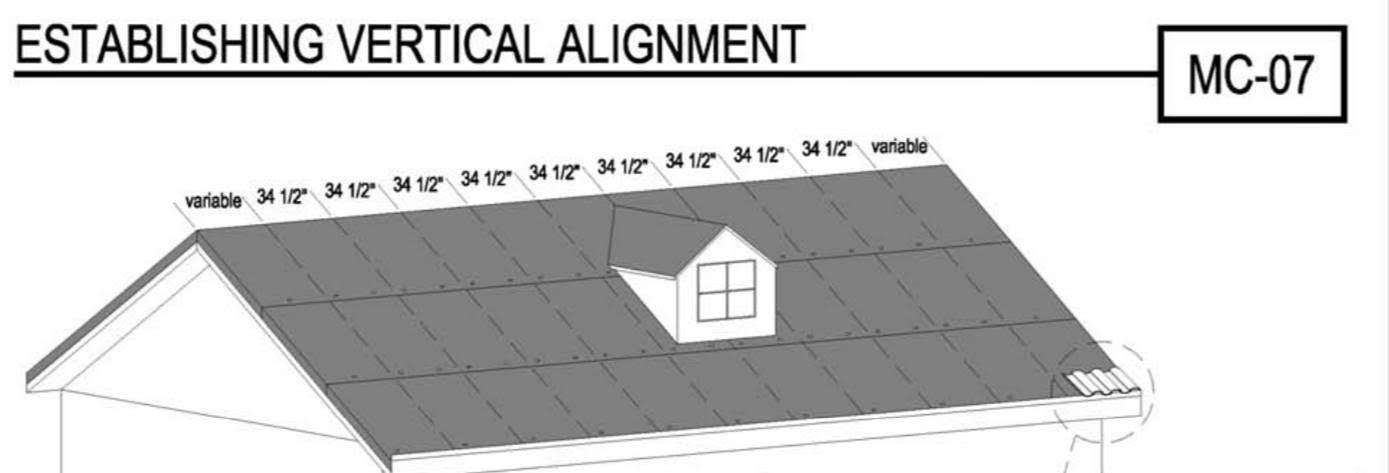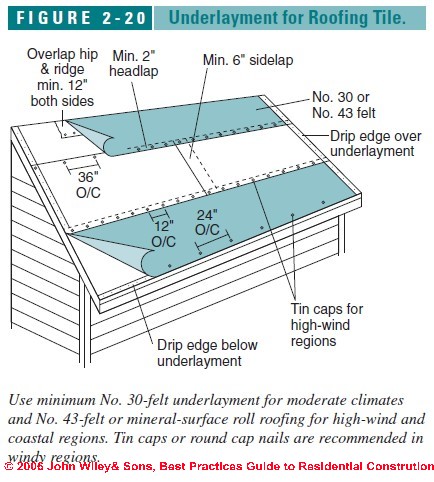Low slope standing seam roofs presently we are consulting on a couple of metal roofs where the architect designed a slope of 1 4 inch per foot.
Minimum slope for terracotta tile roofs to shed snow.
Pitch the pitch also known as slope or grade is the way in which the roof angles from the horizontal toward its highest point.
Slopes greater than 6 12 will tend to shed snow regardless of the texture of the material on them so roof slopes should be configured to avoid shedding anywhere people might be walking or exiting.
Such roofs are common in the south and southwestern u s.
The span for both roofs was 200 feet or more.
Basically the steeper the pitch the better it can shed snow and rain.
It is critical that a designer specify enough snow retention devices based on the slope and snow load.
Such roofs are found in norway northern europe and in the northern u s.
There are advantages and disadvantages to having a steep pitch versus a shallow or low pitch the most obvious of which is the roof s ability to shed or withstand heavy snow rain or wind.
A high pitched roof shows the greatest surface to the street and is associated with traditional structures.
The minimum pitch required depends on material.
Both are located in southern new england not serious snow country for a mainer like myself but problems developed nonetheless.
Such as in minnesota.
But without designing the snow retention based on accurate testing you could be wishing you had that steep slope and metal roof which was always intended to shed snow.
The flip side to this is that it also becomes more expensive to build both in.
Adding a covered porch adds exterior space to a house and providing a.
Minimum roof pitch for a covered porch.
Both snow retention items are sometime necessary.
Tile roofs are a staple of southwest architecture.
Other tile roof systems rely on the tile design and installation to shed water effectively using the underlayment as a surface padding as leak protection during installation.





























